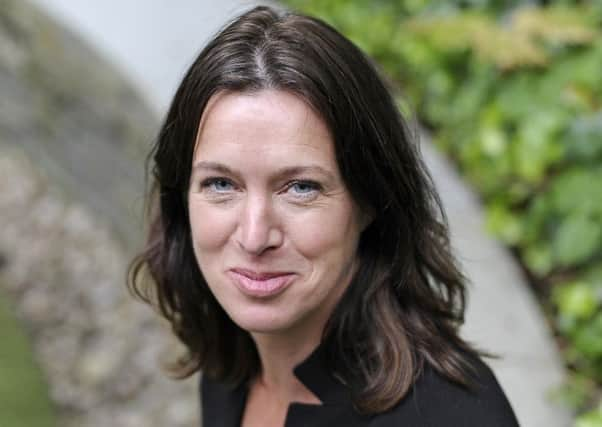Leader comment: Wake up! Pills are not a panacea


In the BBC documentary The Doctor Who Gave Up Drugs, Dr Chris van Tulleken estimated that someone born today could take as many as 100,000 pills during their lifetime.
Somehow, we have convinced ourselves that when something is wrong, we go to the doctor and get medicine created by scientists that will miraculously sort everything out. If we don’t get pills, we feel short-changed and perhaps even start getting angry. Under such pressure, GPs have at times been persuaded into over-prescribing drugs such as antibiotics, despite the pressing need not to do this as resistant strains of dangerous bacteria evolve.
Advertisement
Hide AdAdvertisement
Hide AdPrescription medicines can, of course, do wonderful things – like saving your life. But the medical and scientific community has become increasingly convinced that changes to lifestyle and diet can have a dramatic effect on a host of conditions from diabetes to mental health. Exercise has been described a “wonder drug” by leading experts, a phrase designed to make this pill-obsessed population sit up and take notice.
Some people will see the recommendation from Scotland’s chief medical officer, Dr Catherine Calderwood, that patients should ask their doctors questions like “Are their safer, simpler or alternative options?”, “What would happen if I did nothing?” and “Is this test, treatment or procedure really needed?” simply as part of efforts to save money.
If it did reduce the NHS’s current financial woes that would be most welcome, but the health of us all would benefit if her suggestion helps wean us off the idea that pills are a panacea.
Her five questions, which also include ones about “possible side-effects” and the “potential benefits and risks”, seem designed to help doctors have a sensible conversation with patients, so that they may sometimes decide for themselves that taking a drug isn’t the best way out of their particular problem.
A patient taking an informed choice based on advice from the GP is unlikely to then feel let down if they depart the surgery with only advice on exercise or how to reduce the amount of fat, sugar and/or salt in their diet.
We all need to realise that responsibility for our health rests first and foremost with ourselves. Do that, and not only will we be healthier but the NHS will be too.
